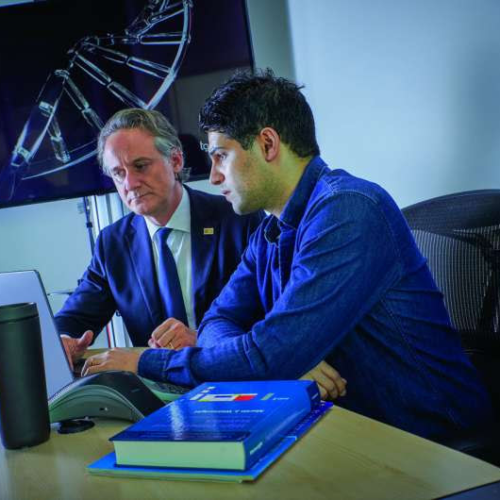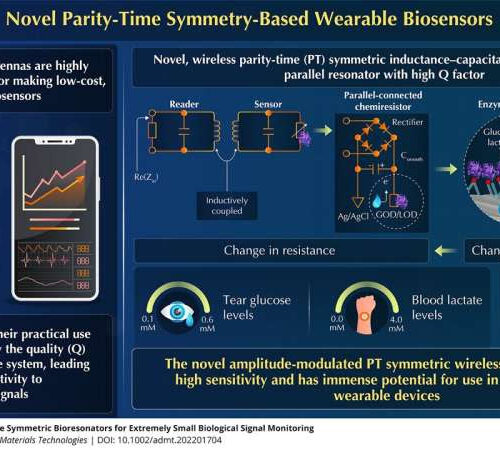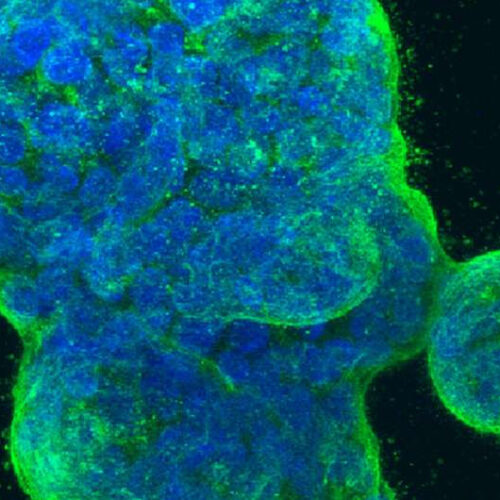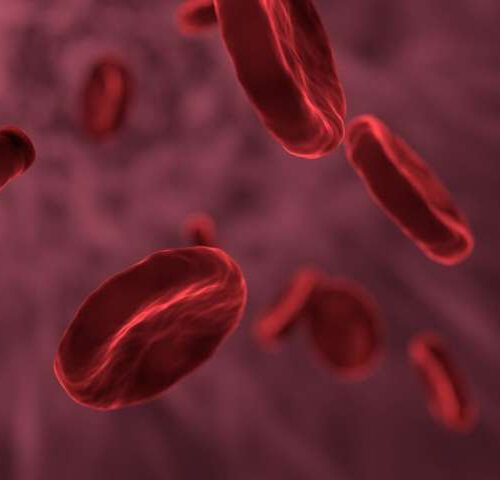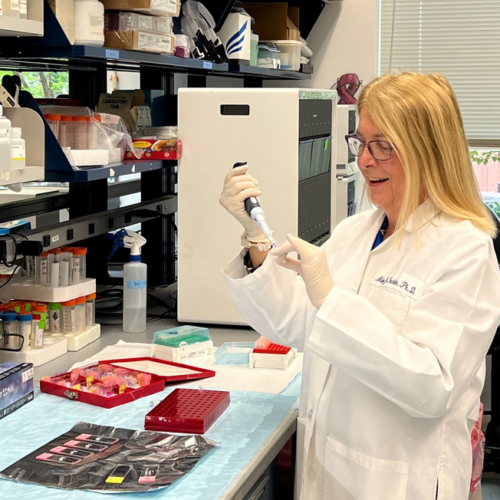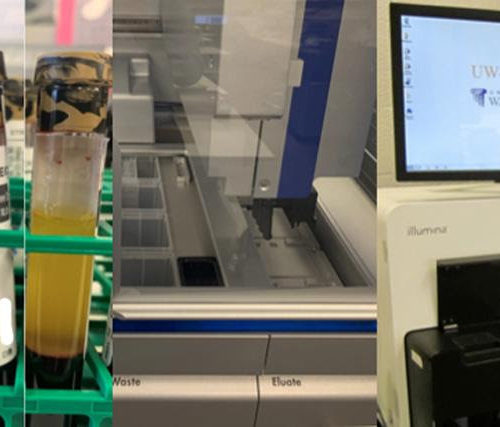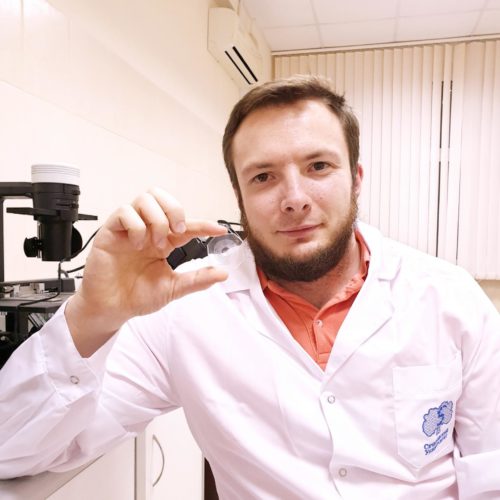Peer-Reviewed Publication First Hospital of Jilin University image: On the unenhanced CT of the abdomen and pelvis (A, D), no kidney or ureteral stones are identified. As an incidental finding, discrete peripancreatic fat stranding is present around the pancreatic head which leads to an effacing of the normal parenchymal contour (short open arrow in (A))....
Tag: <span>liquid biopsy</span>
Researchers develop machine-learning tool to detect cancer earlier via liquid biopsy
by City of Hope National Medical Center Researchers at City of Hope and Translational Genomics Research Institute (TGen) have developed and tested an innovative machine-learning approach that could one day enable the earlier detection of cancer in patients by using smaller blood draws. The study was published today in the journal Science Translational Medicine. Credit: TGenResearchers...
Blood-based ‘liquid biopsy’ might spot early-stage cancers
by Amy Norton An experimental blood test may be able to catch a dozen different types of cancer with a high degree of accuracy—including some that are particularly tricky to detect, a preliminary study suggests. Researchers found that the blood test was usually on the money in detecting “signals” from 12 cancers. Importantly, the test was highly...
Next-generation liquid biopsy detects nano-sized signs of breast cancer in early-stage patients
by Emily Gersema, University of Southern California Three-dimensional culture of human breast cancer cells, with DNA stained blue and a protein in the cell surface membrane stained green. Credit: NCI Center for Cancer Research, National Cancer Institute, National Institutes of Health A USC-led team of scientists has found indications that a special blood test called...
Scientists develop liquid biopsy technique to help detect cancer in blood
by Wendy Sarubbi, University of Central Florida Credit: CC0 Public Domain University of Central Florida College of Medicine researchers have found a new way to track metastatic cancer cells in the body, which in the future could help identify cancer earlier and give patients more treatment options. In the latest issue of PLOS ONE, Professor Annette...
Liquid biopsy detects DNA markers in advanced breast cancer within five hours
JOHNS HOPKINS MEDICINE IMAGE: MARY JO FACKLER, PH.D. CREDIT: PEGGY LI A novel, automated liquid biopsy test in development by researchers at the Johns Hopkins Kimmel Cancer Center can accurately detect the presence of cancer DNA in the blood of patients with metastatic breast cancer within five hours. The test, currently a prototype for research use only,...
Biomarker in liquid biopsy for lung cancer appears more accurate in predicting immunotherapy response than tumor biopsy
THE MOUNT SINAI HOSPITAL / MOUNT SINAI SCHOOL OF MEDICINE New York, NY (June 2, 2022) — Mount Sinai researchers have validated for the first time that a simple blood test called a liquid biopsy could be a better predictor of whether cancer immunotherapy will be successful for a patient with lung cancer than an invasive...
Blood cell mutations confound prostate cancer liquid biopsy
Unrelated mutations, when present in the blood, can lead to false positive results in men with advanced prostate cancer who are undergoing liquid biopsies. Such tests, which look for variants in the cell-free DNA that tumors shed into the blood plasma, help determine suitable treatment options. “You can actually measure what’s happening with a patient’s...
Chip for liquid biopsy will help to detect prostate cancer
SECHENOV UNIVERSITY Researchers of Sechenov University together with their colleagues from Australia used the microfluidics technology to develop a device able to isolate cancer cells from urine of patients with prostate cancer. The study showed high sensitivity and specificity of the new method in diagnosing prostate cancer. The results obtained were published in Cancers. Prostate...
Liquid-biopsy microRNA biomarkers to predict risk for diabetic kidney disease
A recent study from the Madras Diabetes Research Foundation, Chennai, India, and University of Lyon, France, brings new hope for using ‘liquid-biopsy’ exosomal microRNA biomarkers (miRNAs) from urine to predict risk for kidney disease in diabetes patients. Diabetic kidney disease is the leading cause of end-stage renal disease in developed as well as developing countries....
- 1
- 2

